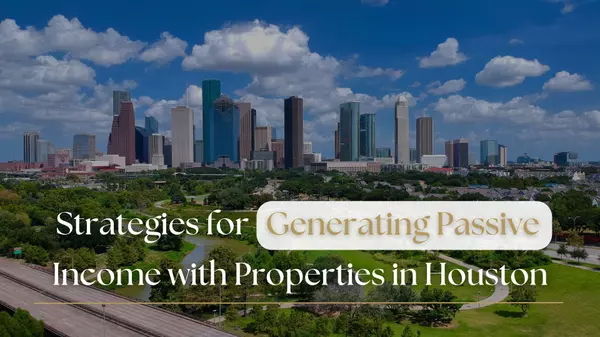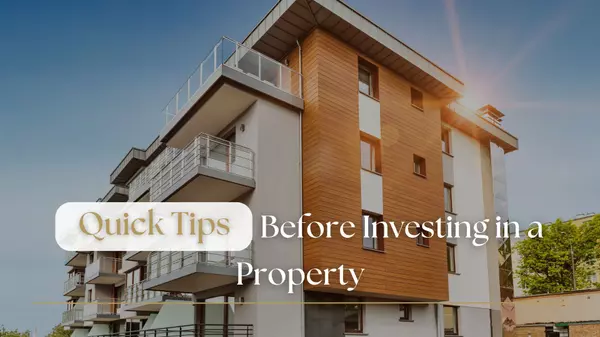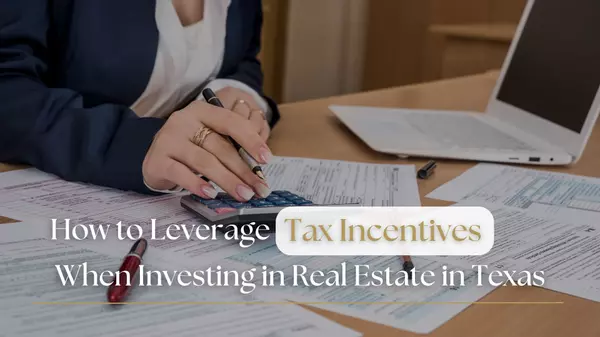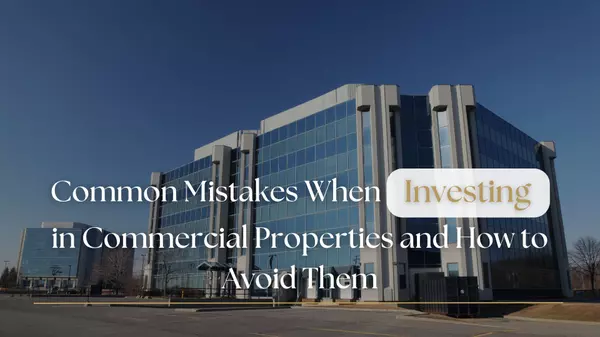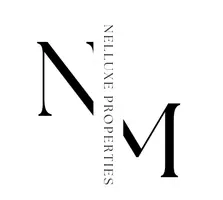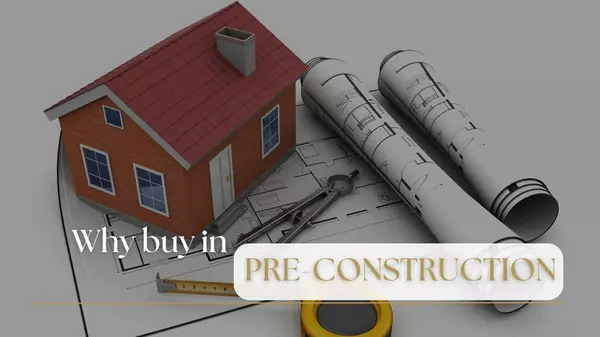
Why buy in pre-construction?
This is an excellent option due to certain benefits that the buyer has: Ensuring the property price at that stage. Evaluating the project to see if it fits your needs and what you're looking for. If you're not satisfied with the project, you can exit the transaction without any penalt
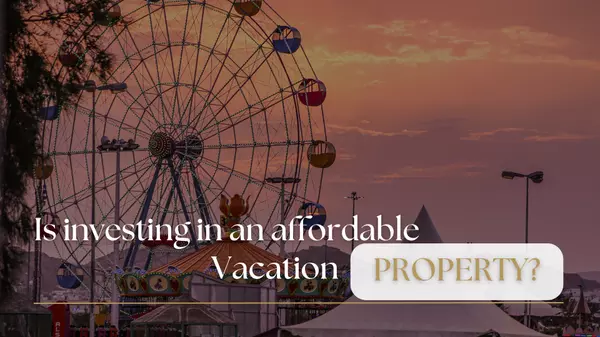
Is investing in an affordable vacation property?
If your answer is affirmative, then Houston is ideal for you. This great city has vacation projects that you, as an investor, can take advantage of: Projects with guaranteed returns Projects that allow short-term rentals Even others that will provide you with consistent income since you c
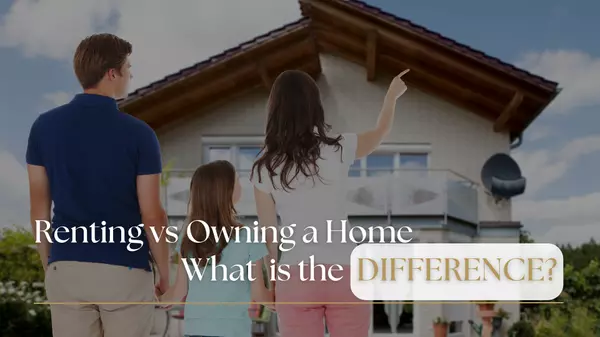
Renting vs. Owning a Home: What's the Difference?
Renting a Home vs. Owning a Home: An Overview Buying a home is a huge part of the American Dream. Choosing to buy or rent, though, is a major decision that affects your financial health, lifestyle, and personal goals. Whichever option you choose depends entirely on your lifestyle and financi
Categories
Recent Posts
